Southern Arizona Realtor
"GET REAL ESTATE SAVVY!"
Types of Home Loans
Federal Housing Administration (FHA)
The most common type of financing utilized in home purchases due to its less-stringent Buyer qualification requirements. Downpayment: 3.5+% of purchase price. Veteran’s Affairs (VA) Financing specifically for active duty, past US Military personnel, or survivors. Proof of veteran status is usually provided via their DD214. Downpayment: 0+% of purchase price.
Veteran’s Affairs (VA)
Financing specifically for active duty, past US Military personnel, or survivors. Proof of veteran status is usually provided via their DD214.
Downpayment: 0+% of purchase price.
United States Department of Agriculture (USDA)
Financing to encourage homeownership in rural locations. USDA maps depicting qualifiable areas are available on the usda.gov website.
Downpayment: 0+% of purchase price.
Conventional Financing (conforming)
Slightly more difficult to qualify for than FHA loans, with maximum loan amounts set by the government, Fannie Mae, Freddie Mac, or other companies that provide backing for these loans.
Downpayment: 20+%
Downpayment: <20+%
Conventional Financing (non-conforming)
Variable qualification requirements and can be utilized for unique properties or poor credit borrowers, so it is recommended to “shop” multiple lenders for these loan-types.
Downpayment: Variable.
One type of commonly utilized non-confirming home loan is called a “hard-money” loan, and usually features a higher interest rate and/or downpayment.
Other Mortgage Terminology:
Mortgage Insurance (aka “MI” or “MIP”)
An additional premium paid on conforming loans that is added to your monthly loan payment when the Borrower’s Downpayment is less than 20%.
VA Loans do not require Mortgage Insurance but do have a VA funding fee.
VA Funding Fee:
A one-time payment that the Veteran may be required to pay that helps lower the cost of the loan for US taxpayers, and keeps VA loan programs accessible and affordable to our service personnel and their families.
Pro Tip:
There are lenders and banks that specialize in different loan programs. Discuss your credit situation and lending goals with your REALTOR® so they can assist in connecting you to a local lender that can provide you with viable lending options! Maintain contact with your REALTOR® as you inquire with Lenders so that they can provide valuable insight and direction as needed.
- Every Buyer is unique, and every banking institution and lender has their own set of requirements.
- The type of property and its location may change what financing options are available.
What documentation and information does a Mortgage Loan Originator or Banking Institution typically require from a Buyer to provide a Mortgage Loan?
A Lender typically requires a handful of items
- Credit Report – Score & History
- Debt to Income Ratio (aka “DTI”)
- Consistent Job/Employment History
- Equity (Down Payment and Funds Available)
Some documentation that the Lender may request from the Buyers
- Driver’s License and Social Security Cards
- (2) Most recent paystubs (or 1099’s)
- W-2 Tax returns
- Bank Account Statements
- Completion of the Lender’s Application
- More information will be requested throughout your purchase process.
IMPORTANT Reminders
- Throughout the course of your purchase, it is imperative that you do NOT apply for any Credit Cards or Financing/Layaway of ANY kind, or you could be disqualified for your Mortgage Loan.
- If you would like to make a large purchase or finance something, reach out to your Lender and discuss it first.
- Notify the Lender prior to making any changes in your current employment status. A loss of job, or a job change, can result in the disqualification of your Mortgage Loan
- Pro Tip 1
- Ask your REALTOR® if they have any local lenders that they would recommend. Active REALTORS® have worked with many lenders over the course of their careers and can provide valuable insight into effective local Lending Teams.
- Pro Tip 2
- A local Lender or Banking Institution (including Credit Unions) can be an excellent resource. They are familiar with local state/county/city lending requirements – items that may be specific to your location.
